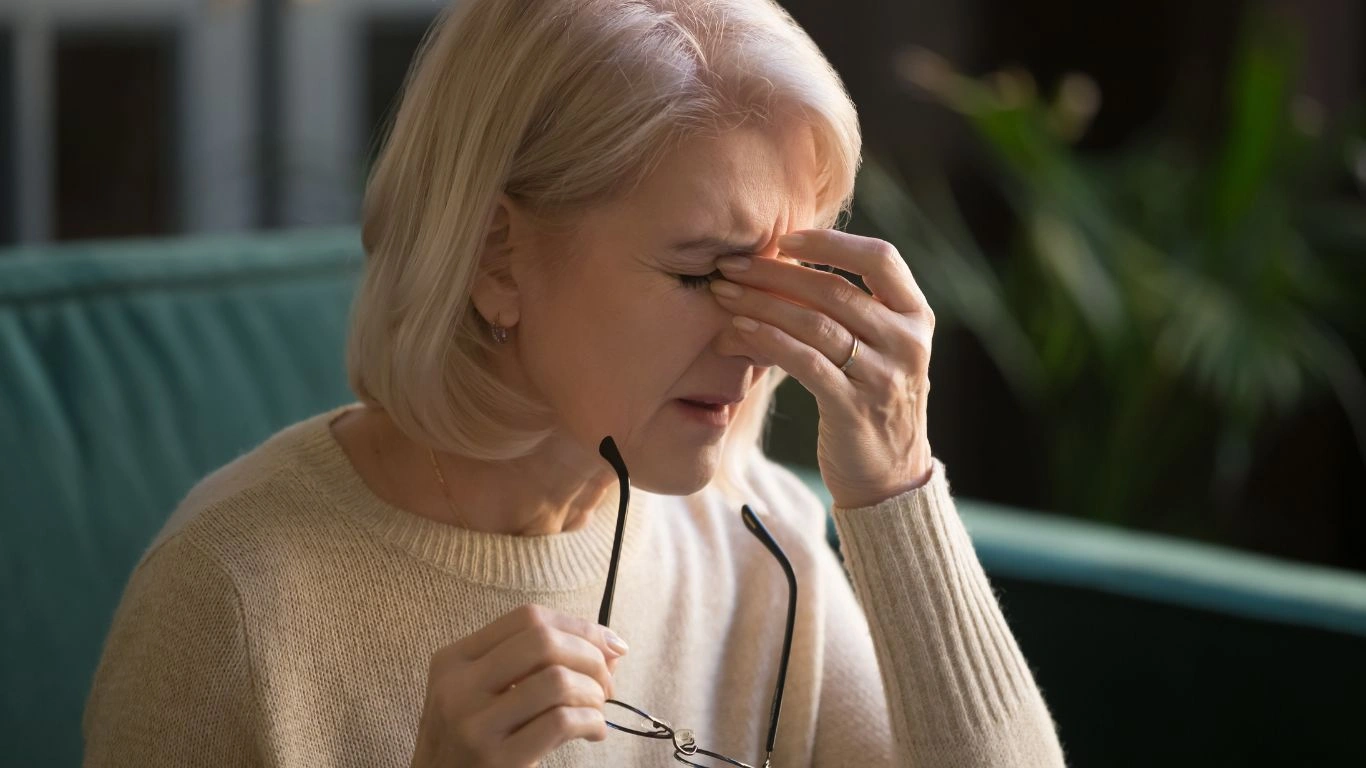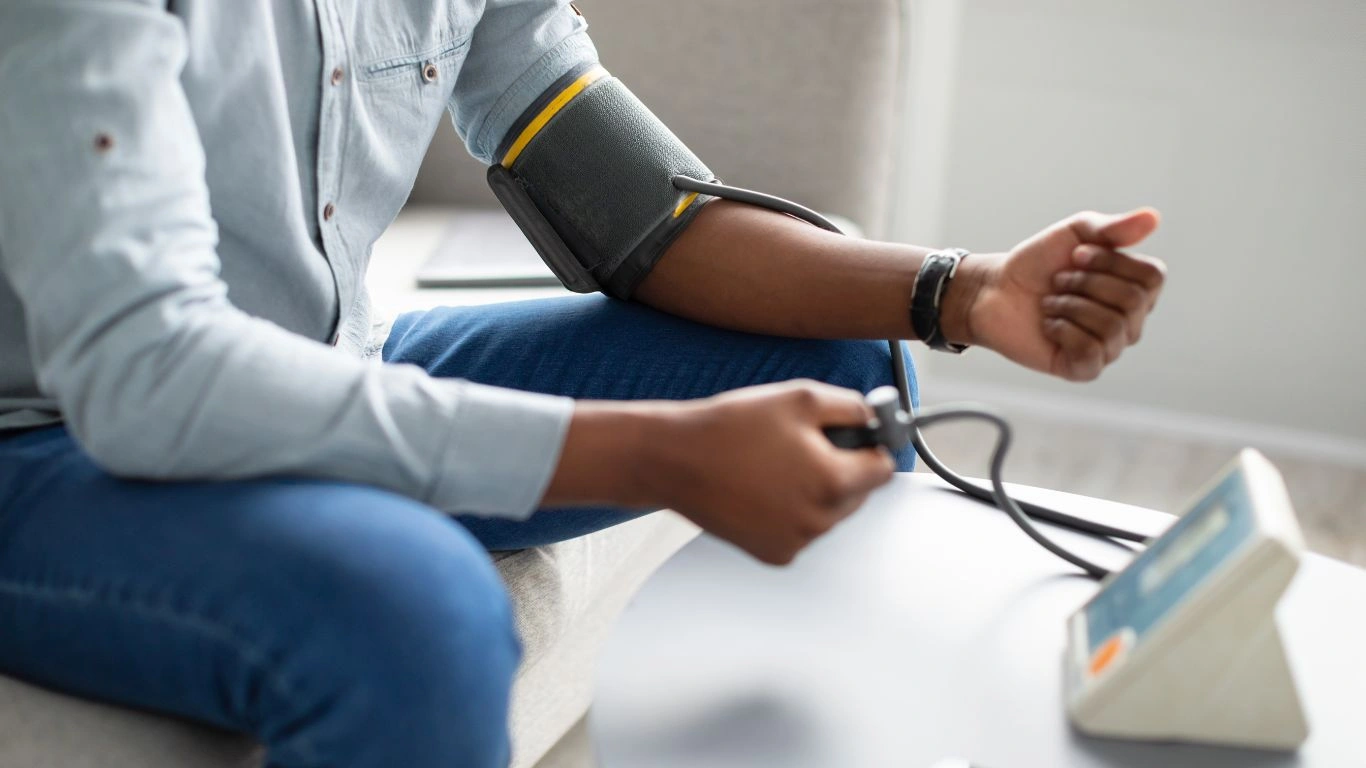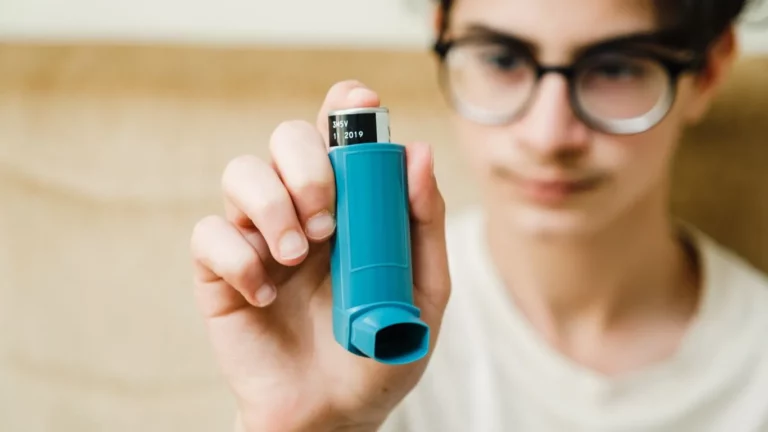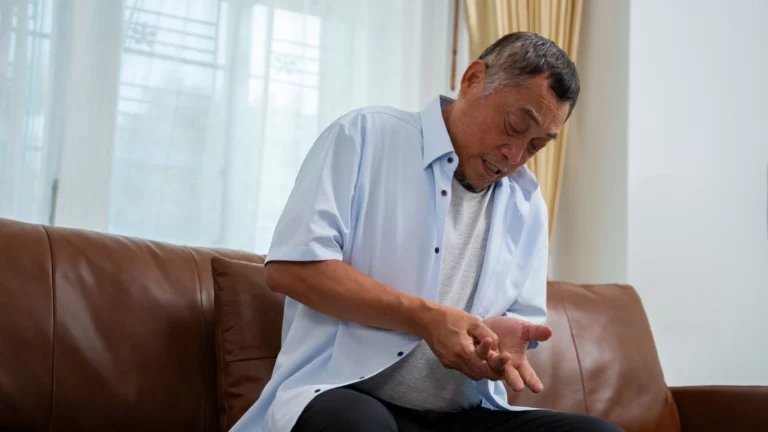The Link Between High Blood Pressure and Stroke – What You Need to Know
High blood pressure, or hypertension, is one of the most significant risk factors for stroke. Understanding the link between these two conditions can help you take steps to protect your health. Let’s dive into why high blood pressure is so dangerous and how it contributes to stroke risk.
High blood pressure is often referred to as the “silent killer” because it typically has no symptoms until it’s too late. If left untreated, it can damage the arteries and lead to a variety of health problems, including heart disease, kidney failure, and, most critically, stroke. But what exactly is the connection between high blood pressure and stroke? Let’s break it down.

How High Blood Pressure Affects the Brain
High blood pressure can cause your arteries to become stiff and narrow over time. These changes make it harder for blood to flow freely through the body, including to the brain. In severe cases, it can even cause the blood vessels in the brain to rupture or become blocked.
When the brain doesn’t get enough blood, it can result in a stroke. This occurs when there is an interruption in the brain’s blood supply, which can either be due to a blocked artery (ischemic stroke) or a burst blood vessel (hemorrhagic stroke).
Understanding this link is key to recognizing how dangerously high blood pressure can be. A stroke happens when the brain cells are deprived of oxygen, and they begin to die off. The damage done can be permanent, which is why controlling your blood pressure is so crucial for reducing stroke risk.

Why High Blood Pressure Increases Stroke Risk
There are a few ways high blood pressure directly increases the risk of stroke:
1. Damage to Blood Vessels
High blood pressure causes the blood vessels to weaken over time. The constant force of blood flow can stress the walls of your arteries, making them more likely to burst or become clogged with plaque. This increases the chances of a stroke.
2. Formation of Blood Clots
When high blood pressure damages the arteries, it can lead to the formation of blood clots. These clots can travel to the brain and block the flow of blood, leading to an ischemic stroke.
3. Aneurysms
The increased pressure from hypertension can also cause blood vessels to bulge and form aneurysms. If an aneurysm ruptures, it can lead to a hemorrhagic stroke, which is a type of stroke caused by bleeding in the brain.

Signs and Symptoms of a Stroke
It’s important to recognize the signs of a stroke quickly. The faster you can get medical help, the better the outcome might be. Common signs of a stroke include:
1. Sudden Numbness or Weakness
This typically occurs on one side of the body. You may experience weakness in the arm, leg, or face, often accompanied by facial drooping.
2. Confusion or Trouble Speaking
People having a stroke may slur their speech, have difficulty understanding others, or suddenly have trouble finding the right words.
3. Sudden Vision Problems
This could include blurred or double vision, or even sudden loss of vision in one or both eyes.
4. Difficulty Walking
Sudden dizziness, loss of balance, or lack of coordination can indicate a stroke.
If you notice any of these symptoms in yourself or someone else, it’s crucial to seek medical help immediately. Time is critical, and every minute counts when dealing with a stroke.

Preventing Stroke by Managing High Blood Pressure
The good news is that stroke caused by high blood pressure is largely preventable with the right lifestyle choices and medical care. Here’s what you can do to reduce your risk:
1. Monitor Your Blood Pressure Regularly
If you have high blood pressure, keeping it in check is critical. Regular monitoring helps you stay on top of your numbers and makes it easier to catch any sudden increases in pressure. Your doctor can provide guidance on target blood pressure levels.
2. Follow a Healthy Diet
A diet low in sodium, rich in fruits, vegetables, and whole grains can help control blood pressure. Limit processed foods, fried items, and excessive salt to keep your blood pressure in check.
3. Exercise Regularly
Physical activity helps keep your heart healthy and can lower blood pressure over time. Aim for at least 150 minutes of moderate exercise each week, such as walking, swimming, or biking.
4. Take Your Medications as Prescribed
If your doctor prescribes medication to manage high blood pressure, make sure to take it as directed. This can significantly reduce your risk of stroke by keeping your blood pressure at a safe level.
5. Limit Alcohol and Quit Smoking
Excessive alcohol consumption and smoking both raise blood pressure. Limiting these habits can help lower your stroke risk.
Appendices
FAQs
- Can high blood pressure cause a stroke even if I don’t feel any symptoms? Yes, high blood pressure can cause a stroke without any warning signs, which is why it’s often called the silent killer. It’s crucial to monitor your blood pressure regularly.
- How can I tell if I’m at risk for a stroke? Factors like family history, high blood pressure, smoking, and poor diet can increase your risk. Regular checkups and maintaining a healthy lifestyle are key to assessing your risk.
- What is the best treatment for high blood pressure to prevent a stroke? A combination of lifestyle changes (like diet and exercise) and medications prescribed by a healthcare provider is often the most effective way to manage blood pressure.
- How quickly does high blood pressure lead to a stroke? The effects of high blood pressure build up over time, and a stroke could happen after years of untreated hypertension. But it’s never too late to take action and lower your risk.
- Can stress cause a stroke? While stress alone doesn’t cause a stroke, it can lead to high blood pressure, which is a risk factor. Managing stress through relaxation techniques can help protect your heart and brain.
References
- American Heart Association (2024). High Blood Pressure and Stroke. Read Article
- National Institute of Neurological Disorders and Stroke (2024). Stroke and High Blood Pressure. Read Article
- World Health Organization (2023). Hypertension and Stroke Prevention. Read Article
Disclaimer
Disclaimer: The information in this article is intended for general informational purposes and should not be taken as medical advice. Always consult with your healthcare provider for personalized advice regarding blood pressure management and stroke prevention. Individual health needs may vary, so professional guidance is essential.






